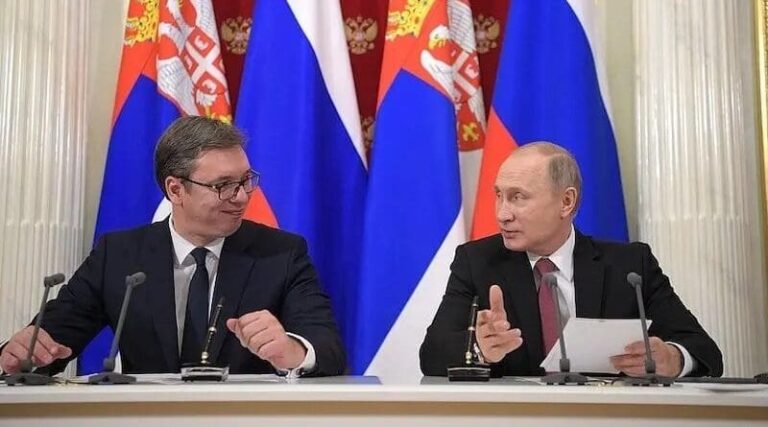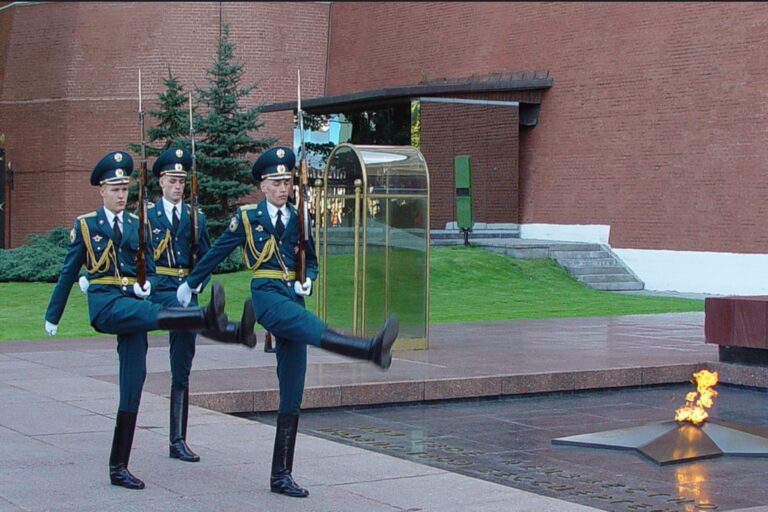In the Spring of 2011, the world watched as a generation of Tunisians and Egyptians took to the streets in revolutions that eventually toppled the regimes against which they were protesting. The Arab Spring uprisings spread across the Middle East and eventually into Syria where protestors have been met by the resolute and armed conviction of Syrian leader Bashar al-Assad that he will not be removed from power. Over 7,000 people have so far died in the Syrian uprising; in the city of Homs the sidewalks run red with blood.

In his January 2012 State of the Union Address President Barack Obama declared that al-Assad would “soon discover that the forces of change can’t be reversed, and that human dignity can’t be denied.” In February 2012, the United Nations (UN) General Assembly passed a resolution calling on the Syrian government and all armed opposition groups to “stop all violence or reprisals immediately.” In late February 2012, the UN Human Rights Council passed a resolution calling on Syria “to immediately put an end to all human rights violations and attacks against civilians.” Such talk reflects the general international consensus that something must be done to protect the Syrian people from massacre by their own government forces; talking, however, has accomplished little in actually stopping the bloodshed.
In an address on Syria to the UN General Assembly on 2 March 2012, Secretary-General Ban Ki-moon declared that, “It is time for the international community to speak with one voice, loud and clear.” The problem, of course, is that no such single voice exists in the international community. The closest approximation to a material international decision would be a resolution by the fifteen member UN Security Council—any action outside the UN would have to meet the criteria of jus ad bellum or just war (an unlikely project by any single or group of states when none of their vital interests are at stake) and any action taken by the General Assembly or Human Rights Council is non-binding. So far, however, Russia and China, permanent members of the Security Council, have voted against any such material resolution.
The international response (or lack of response) to the crisis in Syria is symptomatic of the general inability of the international community to respond to situations within the sovereign borders of a state. Sovereignty is based on the notion that there is no higher force of authority than the state; the UN Charter clearly articulates that membership in the UN does not supersede the sovereignty of its member states and, in fact, protects sovereignty. Accordingly, the UN Security Council was created specifically for the settlement of disputes among states, not within states.
However, the post-Cold War era has increasingly challenged the Security Council’s dual obligations to protect sovereignty and to protect international peace. In 1993 the British international lawyer Christopher Greenwood wrote that it is “no longer tenable to assert that whenever a government massacres its own people or a state collapses into anarchy [that] international law forbids military interventions altogether.” Using the language of the Responsibility to Protect (R2P), the 2005 World Summit decided that if a state fails to protect its populations or is the perpetrator of crimes against its populations, then the international community must be prepared to undertake the use of force via a decision of the UN Security Council. The ensuing tension between sovereignty and responsibility forms the heart of one of the most important issues facing the international community—how much of our own sovereign protections are we willing to sacrifice for the protection of individuals whose governments cannot, or will not, provide such protection? By vetoing the Security Council resolution to remove al-Assad from power, the Russians and Chinese were as much protecting the norm of sovereign territorial integrity as they were denying protection to Syrian civilians under attack from their own government. The problem is that while the playing field has changed, the rules of the Security Council have not.
In Syria, the question becomes whether or not the Security Council has the authority to make decisions about the protection of Syrian civilians within the sovereign borders of a UN Member State? The Security Council alone has the authority to “determine the existence of any threat to the peace, breach of the peace, or act of aggression” and to “make recommendations, or decide what measures shall be taken [to] restore international peace and security.” (See UN Chapter VII, Article 39) Without a Security Council resolution, the legality of any intervention is subject to the criteria of jus ad bellum—an unlikely prospect. Yet there remains the expectation that the Security Council is in fact failing and not doing what it is ‘supposed’ to be doing in Syria. The development of concepts such as R2P constitute critical movement towards a normative humanitarian interventionist agenda, but the fact remains that even R2P must be conducted within the existing structures and rules of the Security Council. Whether or not the international community can convince Russia and China to allow a Security Council resolution remains to be seen, but so far the Security Council—correctly, if not justly—says ‘no’ to intervention in Syria.
Further reading:
‘Responsibility to Protect: Political Rhetoric or Emerging Legal Norm?’ by Carsten Stahn, The American Journal of International Law, Vol. 101, No. 1 (Jan., 2007), pp. 99-120
www.udel.edu/poscir/intellectualLife/ResponsibilitytoProtect.pdf
‘How to Halt the Butchery in Syria’ by Anne-Marie Slaughter, New York Times Op-ed, 23 February 2012
http://www.nytimes.com/2012/02/24/opinion/how-to-halt-the-butchery-in-syria.html?_r=2&hp
‘Why we have a responsibility to Protect Syria’ by Shadi Hamid, The Atlantic, 26 January 2012
http://www.theatlantic.com/international/archive/2012/01/why-we-have-a-responsibility-to-protect-syria/251908/
International Coalition for the Responsibility to Protect | Crisis in Syria
http://www.responsibilitytoprotect.org/index.php/crises/crisis-in-syria
Global Center for the Responsibility to Protect | Syria
http://globalr2p.org/countrywork/country.php?country=37
Written by Trudy Fraser
Trudy Fraser is a Postdoctoral Research Fellow with joint affiliation at the United Nations University and the University of Tokyo. She received her PhD from the University of St. Andrews in 2011.



